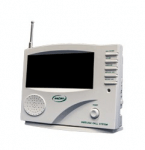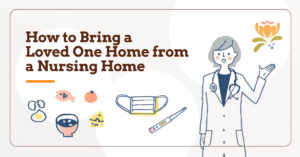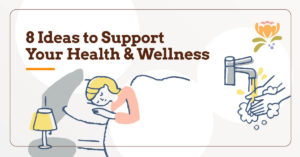 If you are the owner or manager of a Connecticut group home for seniors or those living with a disability, technology can help you with your fall prevention goals. There are a variety of tools that can assist your caregiver team in monitoring each resident’s activity, even while they are busy providing care to another resident.
If you are the owner or manager of a Connecticut group home for seniors or those living with a disability, technology can help you with your fall prevention goals. There are a variety of tools that can assist your caregiver team in monitoring each resident’s activity, even while they are busy providing care to another resident.
This SMART comprehensive system has a central monitoring unit with a wide range of options that can be added. The system’s flexible options allow you to develop a custom solution to meet your community’s unique needs.
Here is how the system works and what options are available to help you better monitor and track residents living with a disability:
- The Central Monitoring Unit (433-CMU) can be kept in a convenient location, typically at the nurse’s station.
- The system can accommodate up to 30 different residents using wireless technology.
- The unit has a range of 300 feet so it can easily reach individual resident room.
- Bed mats, chair pads, and floor mats all work off of sensors that alert caregivers if the resident is trying to get up or move around when they aren’t safe doing so.
- A wireless nurse call device is an option that can add an extra layer of security. These oversized buttons allow a resident to call for help if they need it. The device can be worn as a pendant, mounted to a head board or carried in a pocket whichever is easiest for the resident to be able to quickly access.
- A wireless caregiver pager is also available. It sends an alarm or voice alert to the caregiver when a resident has signaled for help. The pager displays the resident’s room number to allow the caregiver to quickly identify who needs help.
- The system can work off an AC power adapter or by battery.
For advice on customizing a fall prevention system for your senior home or group home for those with disabilities, please call us at (203) 235-TECH (8324). We will be happy to help!





